【新唐人2011年12月14日訊】2011年又是大陸男女足國奧隊慘敗的一年,雙雙沒有進入倫敦奧運會,而大陸男足更是早早的告別了巴西世界盃,目前世界排名72位。如何提高大陸足球水準﹖中共體育總局副局長蔡振華認為,中國足球落後是因為「舉國體制以及中華體育精神沒有延續」。專家指出,恰恰是舉國體制和社會制度造成中國的體育落後。
蔡振華日前對於中國足球的落後談了自己的看法。他表示,「現在中國的足球水準和亞洲還是有差距,根本的原因還是我們沒有徹底職業化。比如原來我們的舉國體制以及中華體育精神沒有延續,所以才會造成中國足球全面落後。」
一位不願透露姓名的前中國青少年足球教練認為,中國足球落後是因為「普及不夠」。他認為,要想提高足球水準,必須真正普及,讓足球走進學校,儘管時間長,但會有好結果。日本和韓國就是因為學校有足球課程。在普及基礎之上再特殊培養,從而大幅度提高了水準。
前中國青少年足球教練(要求變聲):「沒有高度的普及,乃至於中小學沒有足球的課程,中國的足球再奧運戰略、再投資多少錢,派人到西方國家我看都不足取,都改變不了中國足球落後的面貌。」
原中國國家籃球隊隊員陳凱認為,中國實行的「舉國體制」違反體育自由競技精神,是對競技精神的損害。中共是把選手當作為黨宣傳、拿獎的工具和奴隸,他認為這是不人道的。
陳凱:「如果把體育看成是為你們國家、為政治、為制度的合法性而服務的話,這個體育就變成病態體育了。就是說當你提出培養青少年的時候,你的前提是為我服務的,這是不可以的。」
加拿大《國家郵報》的一篇報導說,中國是極權主義「金牌製造工廠」、「運動員的血汗工廠」,一些退役體育明星的悲慘生活也證實了這種說法。
陳凱指出,中國要想整體提高運動競技水準,必須有自由的社會制度。
陳凱:「共產黨一定要走開,這個社會一定要成為自由人的社會,也就是說,每個人的自由意志受到尊重,我喜歡在這個隊裡打,我可以和這個隊裡管理簽合同。我在這裡不行的話,我可以離開這個隊。當你形成一個隊打球的時候,這個隊是非常有戰鬥力的一個隊,因為所有人是願意一塊打球的。」
另外,蔡振華還對中國足壇出現的假球、賭球現象,發表了看法。
而獲得04年「中超先生」榮譽的阿爾貝茨在採訪中坦言,俱樂部中有人存在打假球的嫌疑,這也是他最終離開中國足球隊的原因。
陳凱:「裁判處在一種非常專制的等級文化心態的時候,他腦子裡想的並不是如何很公正的對待自己的職業,他想的是如何討好上邊。當你這樣思考的時候,其實沒有公平競爭的吹哨了, 不可能公眾的裁判了。」
而李承鵬的《中國足球內幕》一書,揭示了中國假球、賭球、黑球以及足壇的重重黑幕!書評指出,這不僅局限在中國足球行業,也是當今中國大陸社會的縮影。
新唐人記者陳漢 宋風 肖顏 採訪報導
China’s National Sports System and Its Soccer Team’s Defeat
2011 was another year of defeat for China’s soccer teams.
Neither the men’s nor the women’s team made to the
London Olympic Games and both bid farewell to the FIFA World Cup in Brazil at an early stage.
The current ranking of the two teams is 72.
How can the Chinese team’s ranking in soccer be improved?
Deputy Director of State General Administration of Sport
Cai Zhenhua thinks that China is behind with soccer because "Its national sports system and sporting spirit did not last."
Experts point out the national sports system and social system
are in fact exactly the cause of China's sports lagging behind.
Cai Zhenhua expressed his views on China’s soccer team.
He said, "Now there is still a gap between China’s soccer team and other Asian teams.
The fundamental reason is that we have not completely
gone professional. For example,
our national sports system and sporting spirit did not last,
which is what has caused China to lag behind in soccer."
An anonymous former youth soccer team coach believes that
China’s lagging behind in soccer is due to "lack of promotion."
He believes that soccer must be truly promoted in order to
improve the soccer team’s standard.
Soccer should be part of the school program.
Although it may take a long time, it will bring good results.
Both Japan and South Korea have soccer programs at school.
Promotion and special training have together helped
to improve their standards dramatically.
Former youth soccer team coach:
“Without making it popular, and with no soccer class at school,
it will not help the teams regardless of the strategy, investment
or sending people overseas. It won’t change the Chinese soccer team’s ranking.”
Former Chinese National Basketball team member Chen Kai
thinks that
China’s National Sport System violates the free competitive
spirit within sport, and it actually damages that competitive spirit.
The Chinese Communist party (CCP) treats sportsmen as
tools and slaves to promote itself. Chen Kai thinks it is inhuman.
Chen Kai: “If sport is used to legitimize the country,
its politics and its social system, then sport becomes sick.
The premise is to train the youth is to serve you.
It shouldn’t be.”
Canada’s National Post reports that China is a totalitarian
“Gold Medal Factory” and “Sportsmen’s Blood Factory.”
Some retired Chinese sporting stars sad lives
validate this statement.
Chen Kai points out that in order for China to improve sports
overall, it must have a free system.
Chen Kai: “The CCP must leave. Society must be free.
The will of individual should be respected.
If someone likes to play in a team, he can sign a contract with that team.
If he does not like it there, he can leave.
Thus you can form a powerful team as
everybody is willing to play there.”
Cai Zhenhua also expressed his opinions on the cheating
and gambling phenomena on China’s soccer fields.
Albertz, who received the honor as did Mr. Zhongchao
in 2004, admitted during an interview that
he suspected some players were cheating in the games.
This was why he eventually left the Chinese soccer team.
Chen Kai: “Referees live in an authoritarian system.
They think about pleasing their bosses instead of being fair,
so there is no fair competition and no fair referee."
Li Chengpeng’s China Soccer: The Inside Story reveals
cheating, gambling and crime on China’s soccer fields!
The book points out that this is not only limited to
the soccer field, but is a reflection of the entire Chinese society.
NTD reporters Chen Han, Song Feng and Xiao Yan
看下一集

【禁聞】校車排查走過場 豐縣當局受質疑
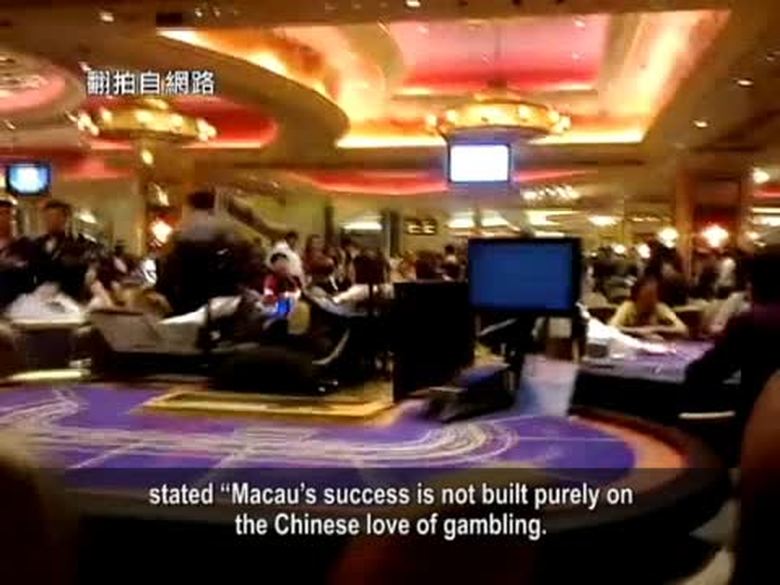
【禁聞】澳門賭場 陸富豪貪官洗錢途徑
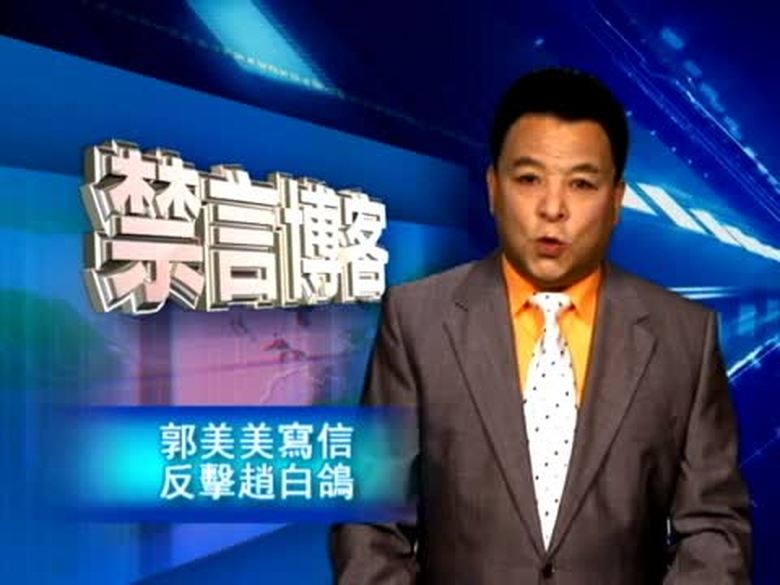
【禁言博客】「郭美美」寫信反擊趙白鴿
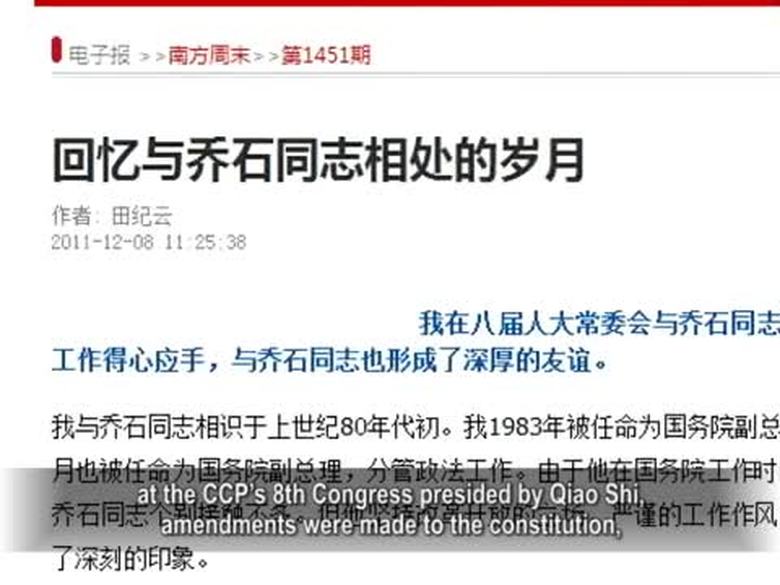
【禁聞】田紀雲憶喬石促政改 黨內流派交鋒

【禁聞】美報告:中共違反世貿規則
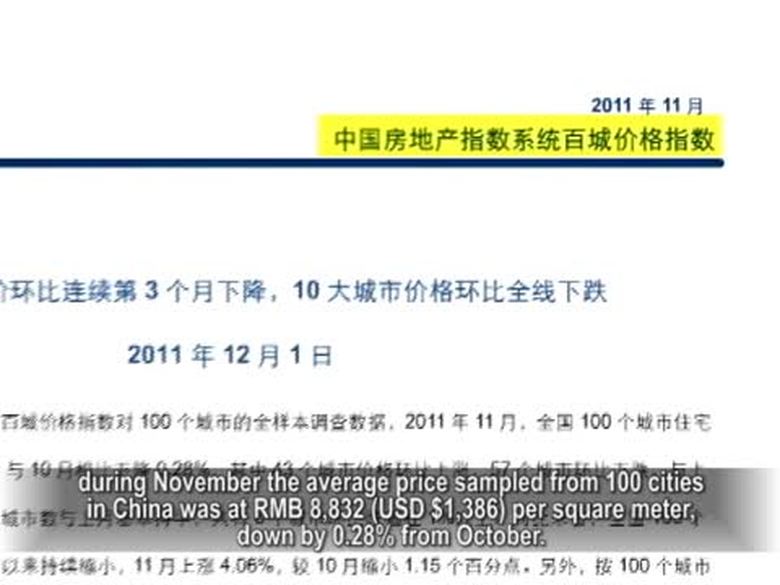
【禁聞】2012房地產 關聯中國經濟興衰
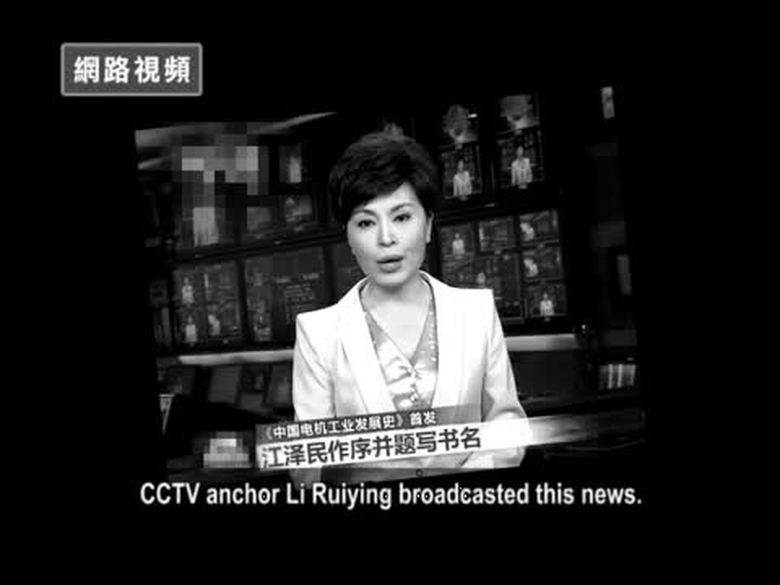
【禁聞】黨媒掩江澤民漢奸賣國 涉後事評價
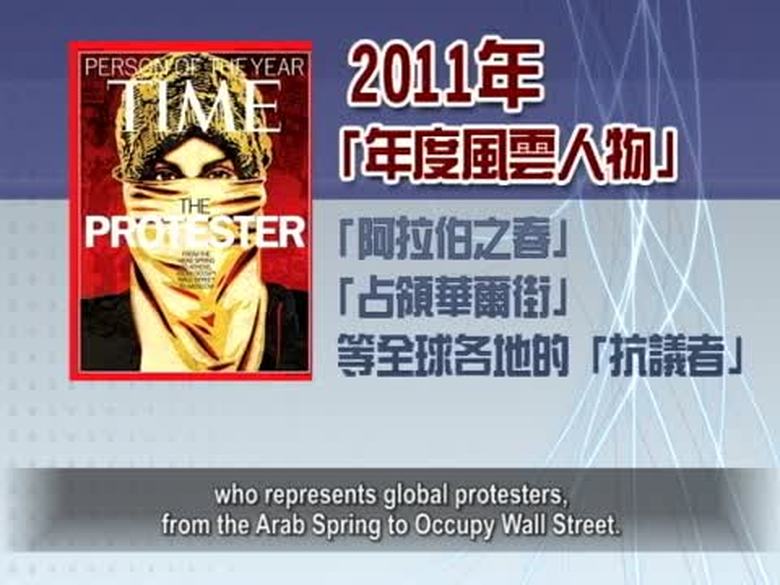
【禁聞】艾未未再奪《時代》風雲人物
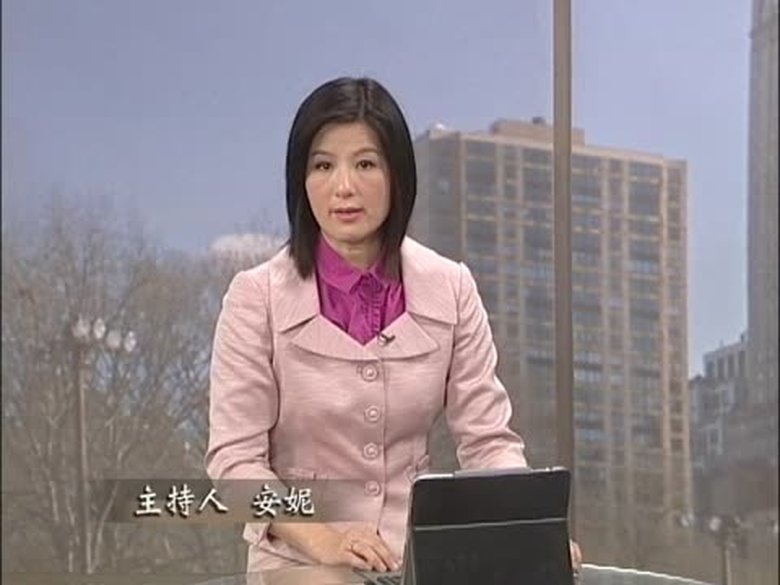
【禁聞論壇】中國式搶劫
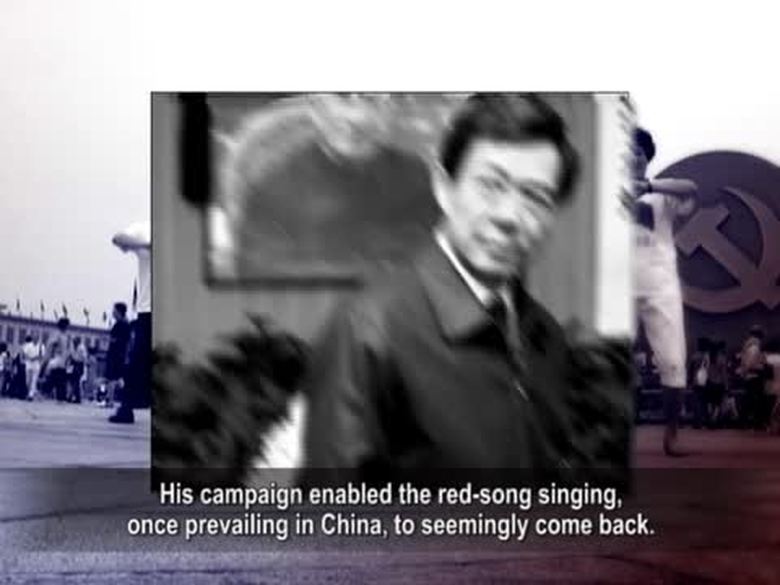
【禁聞】薄熙來爭位十八大 轉向談「民主」
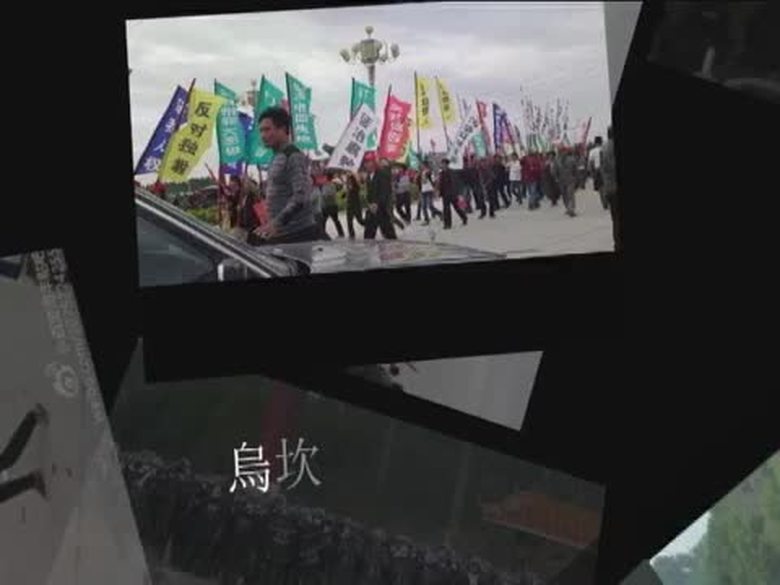
【禁聞】當局賣盡烏坎耕地 村民吶喊 誰關懷
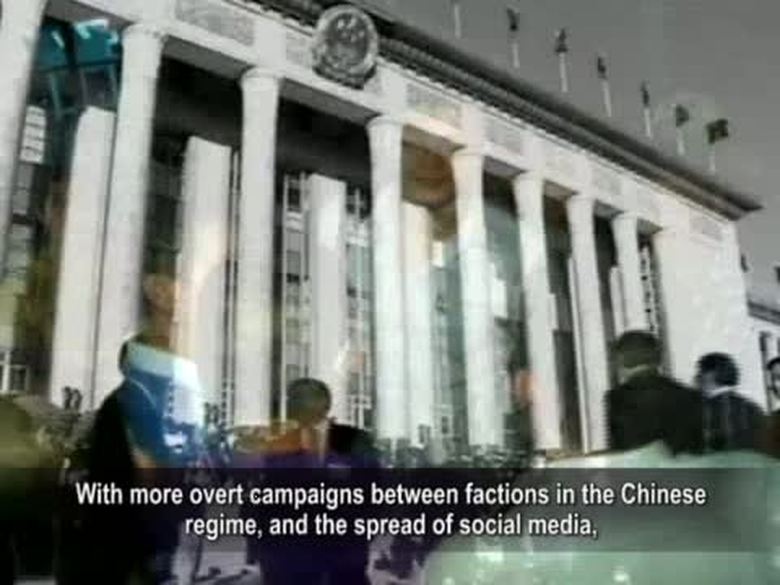
【禁聞】美國雜誌預測2012中國發生大動盪
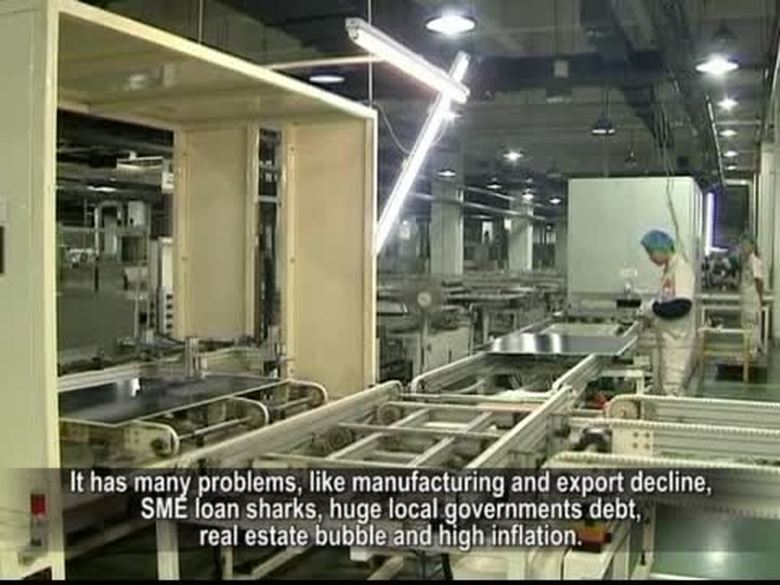
【禁聞】中共以「求穩」應對經濟壓力 專家解讀

【禁聞】中國十年股市負增長 樓市漲十倍
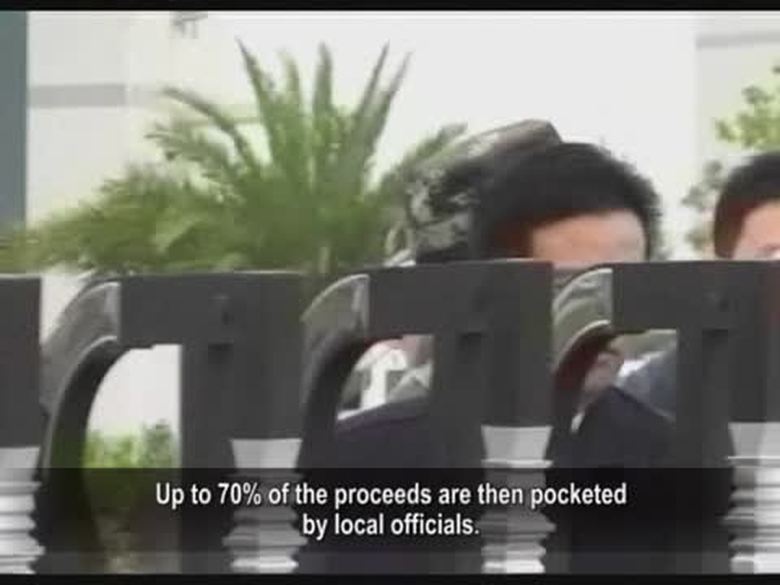
【禁聞】烏坎村民憤怒 國際媒體關注
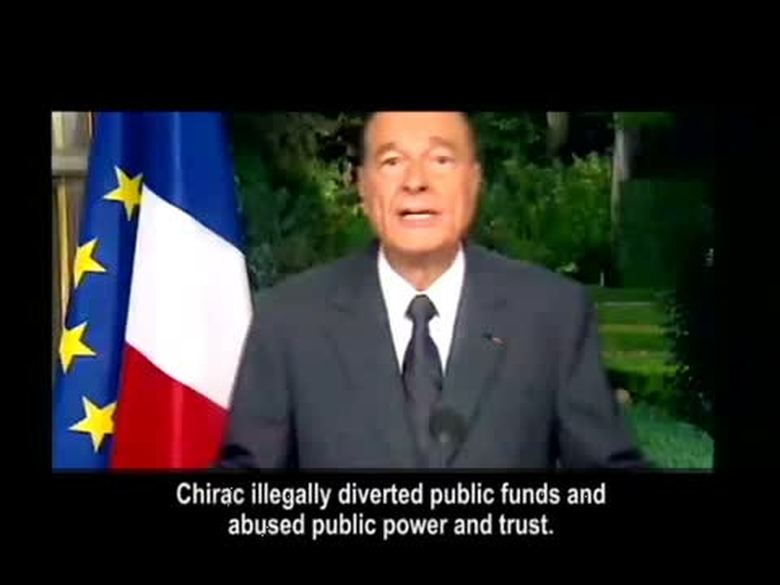
【禁聞】審判法前總統希拉克 對中共的警示








